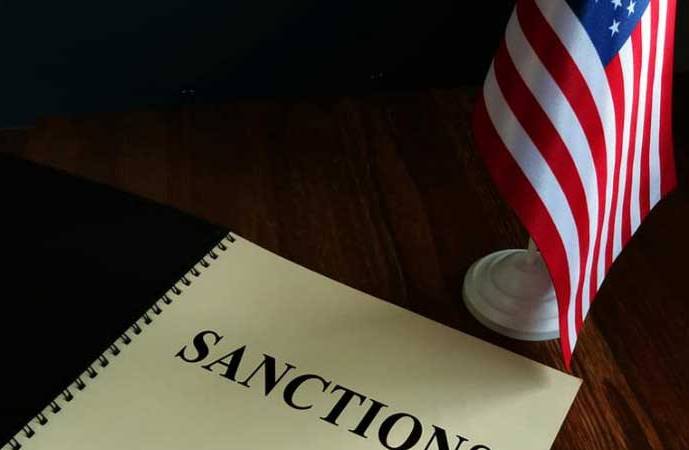
Havana, February 22.- A new report published by the American media Bloomberg reveals the consequences of the increasing use of financial sanctions used by Washington to punish its global enemies, on the finances of thousands of American citizens.
According to the analysis, US banks are increasingly reluctant to transact with clients linked to countries affected by the restrictions for fear of huge fines from regulators. The entities claim that they are “not discriminating” and allege that regulators are sending conflicting messages about complex and frequently changing restrictions.
According to Shahbaz Salehi, an American citizen of Iranian origin, consulted by that media outlet, due to the sanctions imposed by Washington against Iran, he has not been able to transfer to the North American country the money he inherited after the death of his father, even though he has Ensured compliance with US Treasury Department guidelines.
“Many Iranians now living in the United States are in the same situation,” Salehi said. “They want to bring money, but they are not sure how to do it because they are afraid that if they do, they will be blocked,” he added.
Such is the case of Farshad Abdollah-Nia, an Iranian postdoctoral fellow living in San Diego with permanent resident status, who has sued Bank of America for cutting off his credit card, claiming that it discriminates against Iranians in violation of the law. American on civil rights. In his lawsuit, he argues that the lender restricted or closed the accounts of up to 15,000 Iranian-Americans.
The list of sanctioned nations includes Russia, Cuba, Iran, Syria and North Korea, states that face the strictest restrictions, while a handful of other countries are subject to less extensive punitive rules.
The Treasury Department has excluded thousands of people and companies from more than a dozen countries from the US banking system, citing alleged links to terrorism, human rights violations or hostile regimes; the publication reported.
The excessive use of sanctions has affected several immigrant communities and charitable groups, despite the authorities being aware of it, the text highlighted. “You can't discriminate against certain populations as too risky if it's not based on any of our regulatory requirements,” said Brian Nelson, Treasury Department Undersecretary for Terrorism and Financial Intelligence.
As the official explained, banks' compliance programs can "create conditions in which certain communities or certain business activities are excluded from the formal financial system," leading some to circumvent the law.
“Many times, sanctions that the United States imposes on foreign entities and individuals do not harm those individuals,” Salehi said. “It's everyone else,” he added. (Cubadebate) (Photo: PL/Archive)